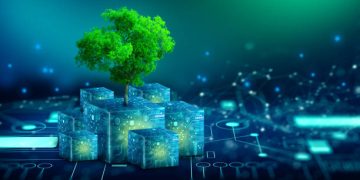In recent developments from Boston Dynamics, the company has revealed its latest iteration of the Atlas robot, transitioning from a hydraulic to an electric power system. This shift marks a departure from outdated technology, as noted by TechCrunch’s Brian Heater, who emphasized the benefits of the leaner design and improved range-of-motion of the new electric-powered Atlas.
With Boston Dynamics being under Hyundai’s ownership, the decision to go electric aligns with contemporary technological advancements. While specifics about the new Atlas are still emerging, it’s anticipated to undergo initial deployment in Hyundai factories before a broader market release.
Beyond Boston Dynamics, various startups such as Figure, Agility, and Tesla are also actively engaged in developing humanoid robots. This competitive landscape suggests a promising future for advancements in robotics, with the potential for faster progress toward creating versatile humanoid robots capable of learning and adapting to various tasks.
Regarding the integration of artificial intelligence (AI) into robotics, while there are challenges ahead, the trajectory indicates a shift towards AI-enabled robots capable of learning and operating autonomously. Despite the current limitations, the collaborative efforts of researchers and developers hint at a future where humanoid robots could significantly enhance daily life tasks.
Get comprehensive supply chain report news updates at The Supply Chain Report. For international trade tools, see ADAMftd.com.
#BostonDynamics #AtlasRobot #ElectricPower #TechnologicalAdvancements#SupplyChainNews













